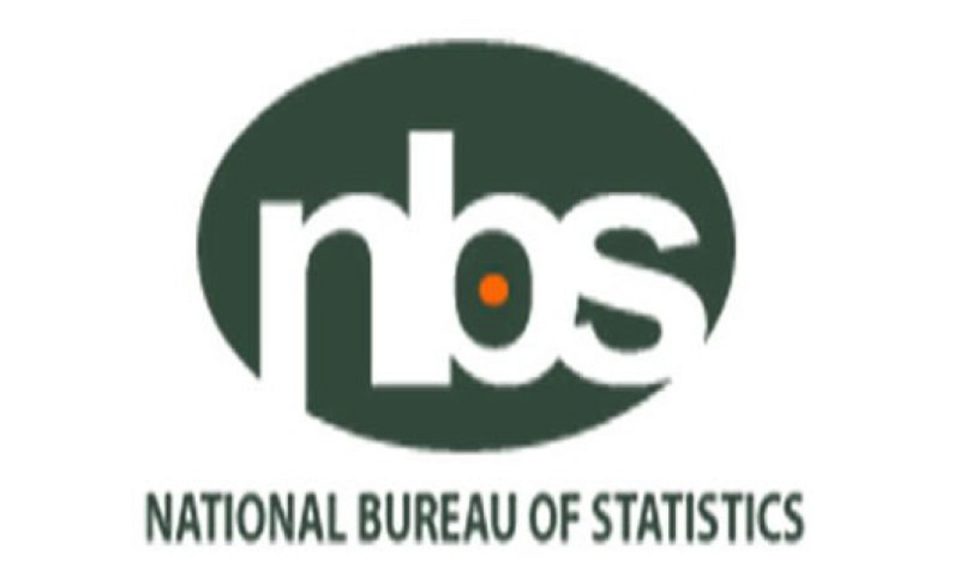Nigeria Gross Domestic Product (GDP) grew by 3.54 per cent (year-on-year) in real terms in the second quarter of 2022, the National Bureau of Statistics (NBS) reported yesterday.
The growth rate indicated a decline when compared to the 5.01 per cent recorded in the second quarter of 2021.According to the Q2 2022 report, posted on the NBS website, the rising prices of goods and falling oil production have adversely impacted on the Q2 2022 performance.
The growth rate in Q2 decreased by 1.47 per cent from 5.01 per cent growth rate recorded in Q2 2021 and increased by 0.44 per cent relative to 3.11 per cent in Q1 2022.
According to the NBS, in the period under review, aggregate GDP stood at N45 trillion in nominal terms, higher than the N39.12 trillion recorded in Q2 2021, indicating a year-on-year nominal growth of 15.03 per cent.The nominal GDP growth in Q2 2022 was higher relative to the 14.99 per cent recorded in Q2 2021 and higher compared to the 13.25 per cent growth recorded in the preceding quarter.
However, the economy was largely driven by the non-oil sector which contributed 93.67 per cent to growth while the oil sector accounted for 6.33 per cent.In the review period, average daily oil production stood at 1.43 million barrels per day (mbpd), lower than the 1.61mbpd recorded in the same quarter of 2021 by 0.18 mbpd.
This was also lower than the Q1 2022 production volume of 1.49 mbpd by 0.06mbpd.However, real growth of the oil sector was –11.77 per cent (year-on-year) in Q2, indicating an increase of 0.89 per cent compared to the Q2 2021.On the other hand, the non-oil sector grew by 4.77 per cent in real terms during the reference quarter (Q2 2022), lower by 1.97 per cent compared to the rate recorded same quarter of 2021 and 1.31 per cent points lower than the first quarter of 2022.
The sector was driven by Information and Communication (Telecommunication) which contributed 18.44 per cent to growth in Q2.Others are trade 16.81 per cent, agriculture 23.24 per cent, Financial and Insurance 4.25 per cent, and transport 1.84 per cent.




